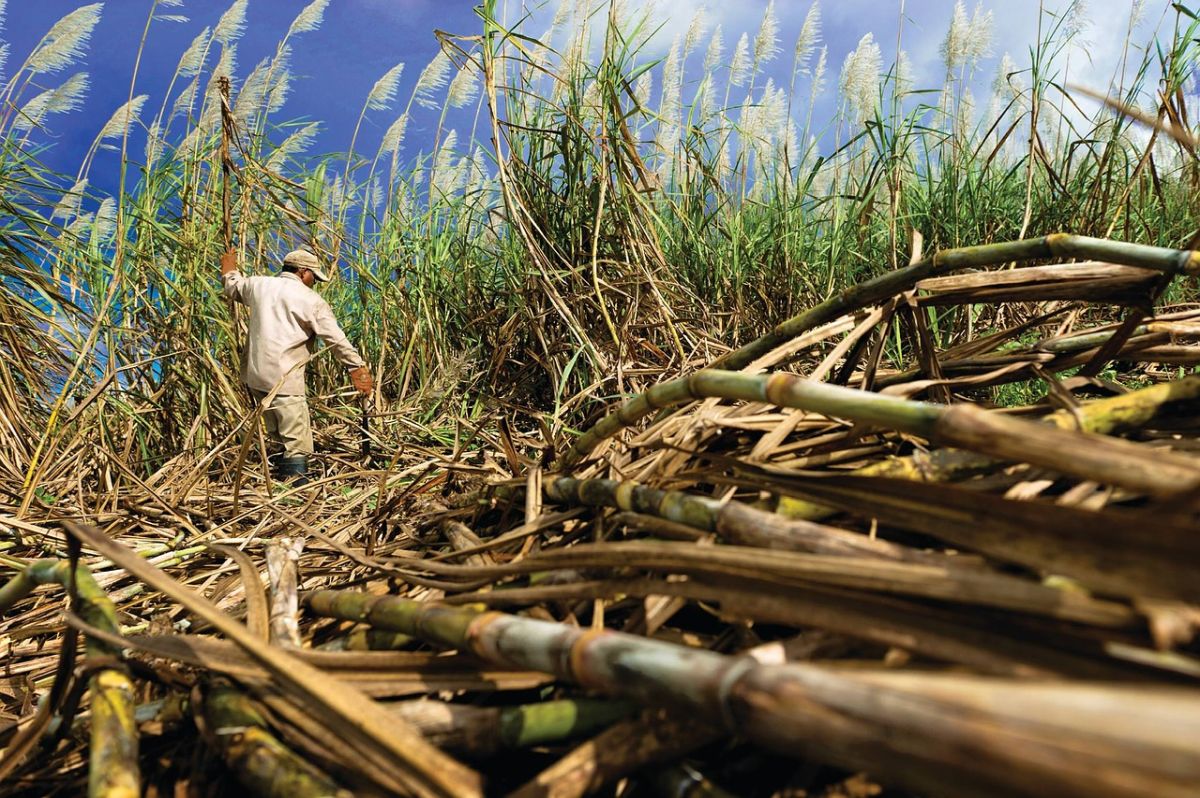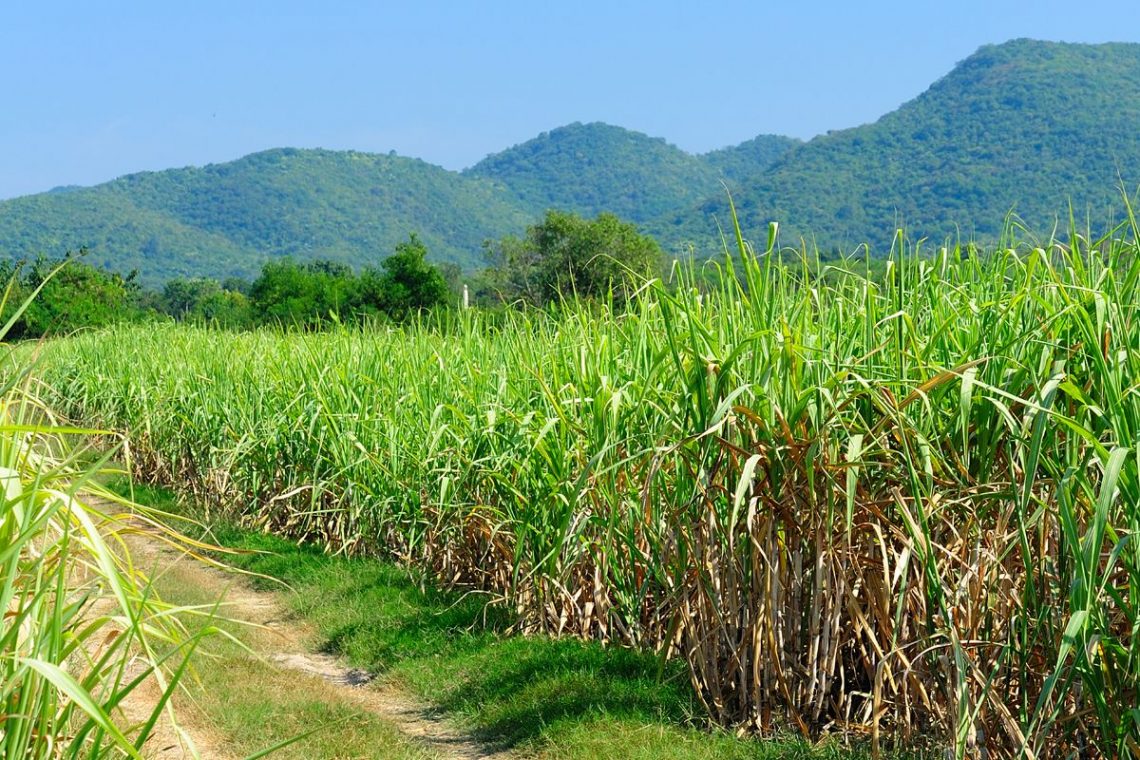Sugar production process in Thailand is falling: causes
Thailand is one of the largest sugar exporters. However, unfavourable climatic conditions may affect the supply of products to the world market. For the first time in 40 years, the country has experienced severe drought, with temperatures and no rainfall already reducing the number of crops by 30%. The vagaries of nature affect the sugar production process and economic indicators.
Experts note that this season has all chances to be the worst in the last 5 years. If earlier Thailand produced 130 million tons of sugar cane, this year’s figures may fall to 90 million tons.
Drought has a negative impact on the country’s economy, which is acutely observed in the agricultural sector. Now it involves 11 million people, which may change if the situation does not improve. Decrease in sugar production in the world market will affect its cost. Within 5 months, the price of the product has increased by 35%, and this is only as a result of assessments of the situation. If the experts’ fears come true, we should expect further price increase. Moreover, not only Thailand, but also Mexico and India suffer from weather catastrophes.
Prolonged dry weather in Thailand has affected not only sugar cane, but also rice. The country’s exports are declining and budget expenditures have increased. In addition, there has been an 80% decline in the number of Chinese tourists, who make a significant contribution to the leisure industry. All these factors put pressure on the economy and slow down its growth.

According to a forecast from the Bank of Ayudhya, the drought in Thailand could cause damage of $1.47 billion, which is 0.27% of the country’s GDP. The impact of adverse weather conditions will not only affect agriculture, but also industry.
Sugar prices have been trending upwards for 3 years. The main producers on the world market are the European Union, Thailand, India and Brazil. Last year, the volume of supply on the world market decreased by 18%, and the cost of 1 pound of raw sugar was 15.8 cents, a similar figure was observed in 2017.
Obviously, there is a deficit of the sweet product in the world. There is already a demand of 6-8 million tons more than supply and the situation will worsen after the reduction of sugar production in Thailand. In addition, there is less investment in this segment. Many companies are not interested in investing in this type of industry, there is more that the current climatic characteristics showed the instability of the sphere.
Following Thailand, sugar production is predicted to decrease in Australia – by 250 thousand tons, in Pakistan – by 300 thousand tons.










